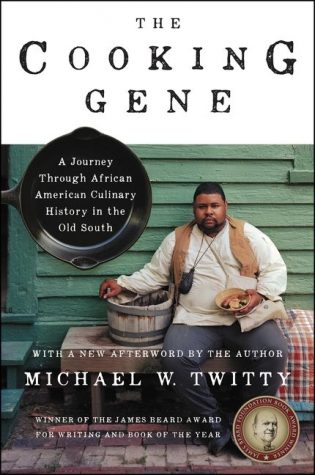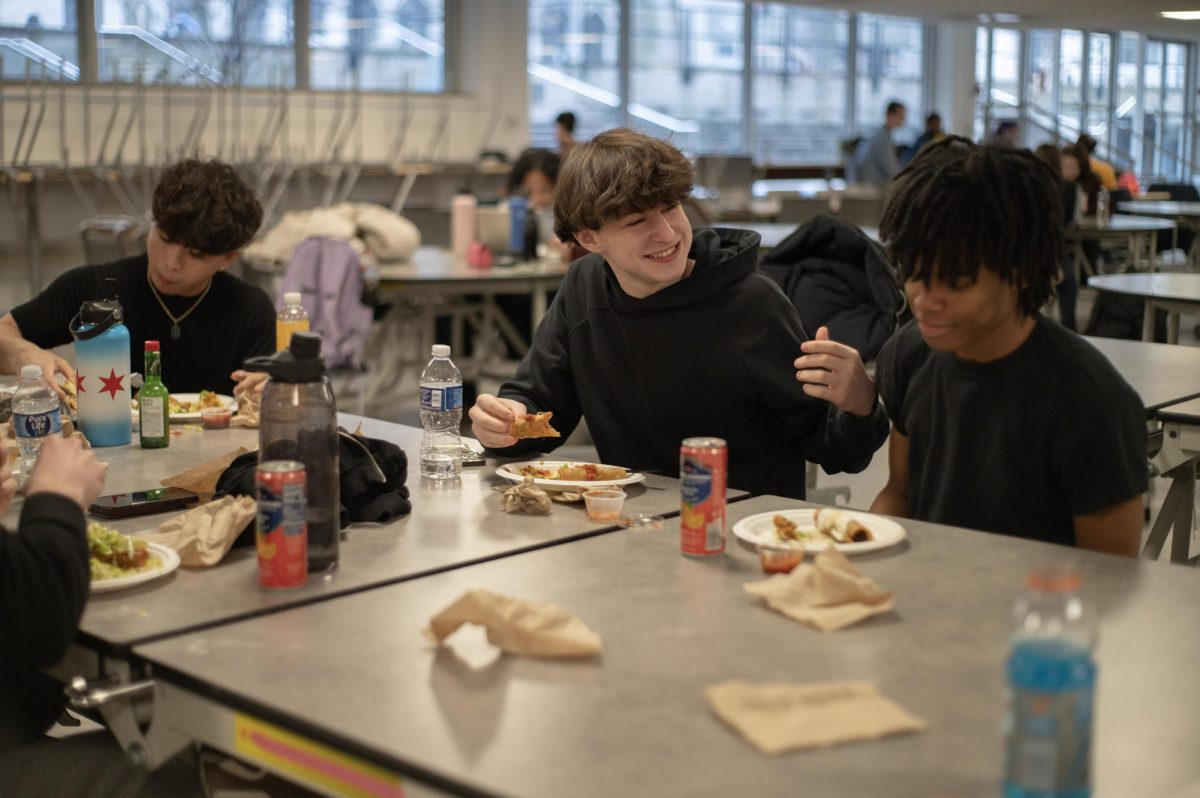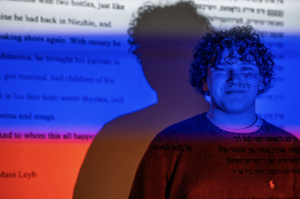Speaker discusses slavery, food at keynote
January 29, 2019

Michael Twitty, a culinary historian and the author of “The Cooking Gene,” touched on themes including place, culture, justice and what it means to be an American during his public keynote on the evening of Jan. 24 in Gordon Parks Arts Hall. His lecture was part of the Kistenbroker Family Artist in Residence program.
Twitty talked about his ancestry, slavery, and how transatlantic and domestic slave trade spread African culture and foods such as rice, coffee, sweet potatoes, black-eyed peas and okra. African foods were introduced and cultivated wherever slaves went.
“People’s ‘foodsteps’ go with their footsteps,” Mr. Twitty said.
Twitty said he has visited slave castles in Africa and picked cotton to better understand slaves’ experiences. He said that everyone should visit these sites and it should be a relief, not painful, because the pain is nothing compared to what slaves experienced.
“You do not know what pain is,” Mr. Twitty said.
Among other examples of oppression slaves experienced, he said a slave castle in Senegal that he visited had a line marking two cubic feet of human feces that was once present.
“I had no idea how much I took for granted,” Twitty said.
After the event, chicken skewers, heirloom collard greens, sweet potatoes, macaroni and cheese, black-eyed pea hummus and small desserts were served. Guests also received a bottle of South African balsamic vinegar infused with rooibos and honey and could get their copy of “The Cooking Gene” signed by Twitty.
According to event organizer Ruthie Williams, one of the reasons the team chose Mr. Twitty is his story and storytelling ability exemplified in “The Cooking Gene,” which won two James Beard awards.
In addition to his keynote speech, Mr. Twitty also visited the classes middle school World Cuisine, Advanced Topics African-American History, and Smorgasbord Food Writing, an English elective.






























































